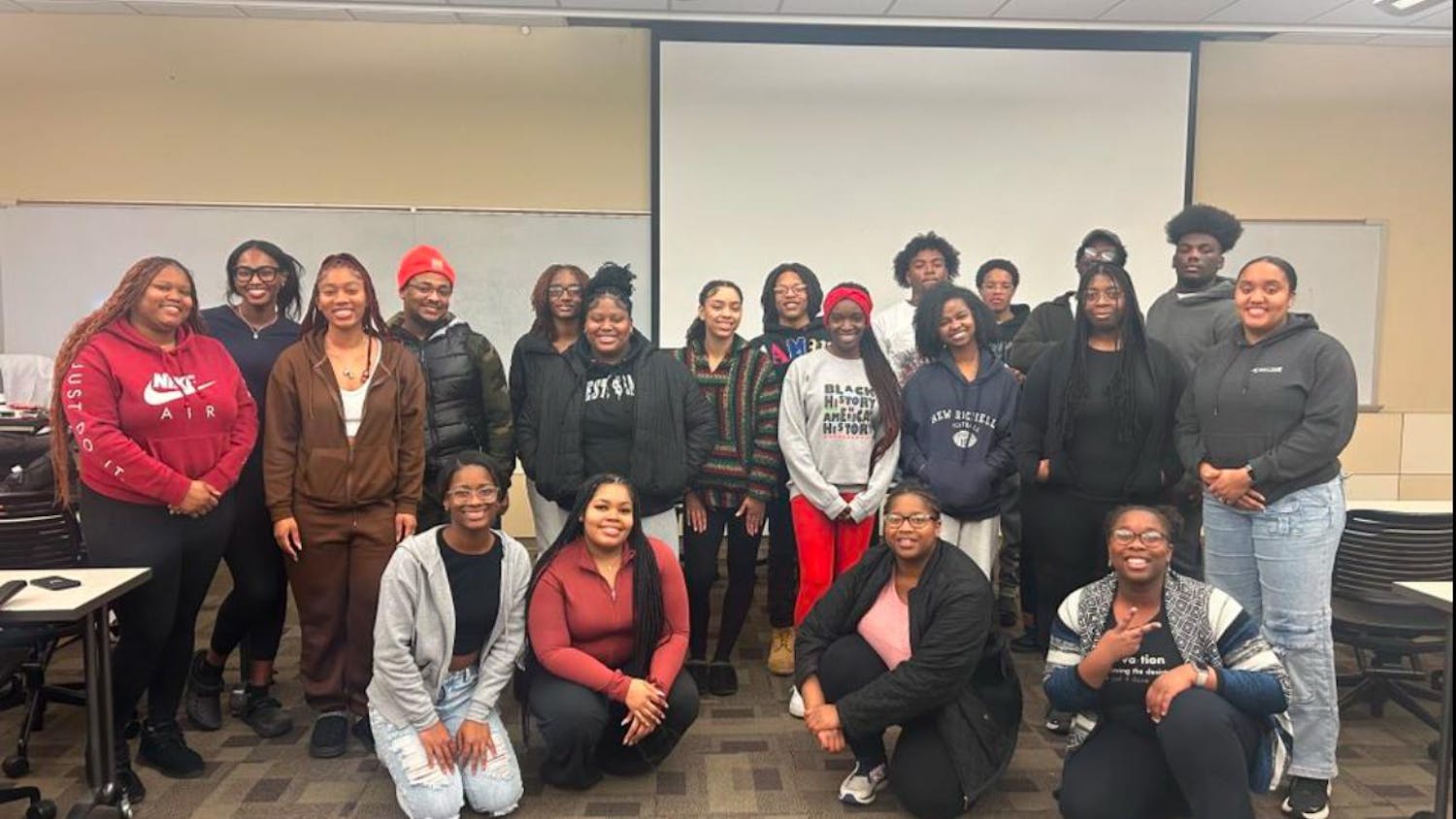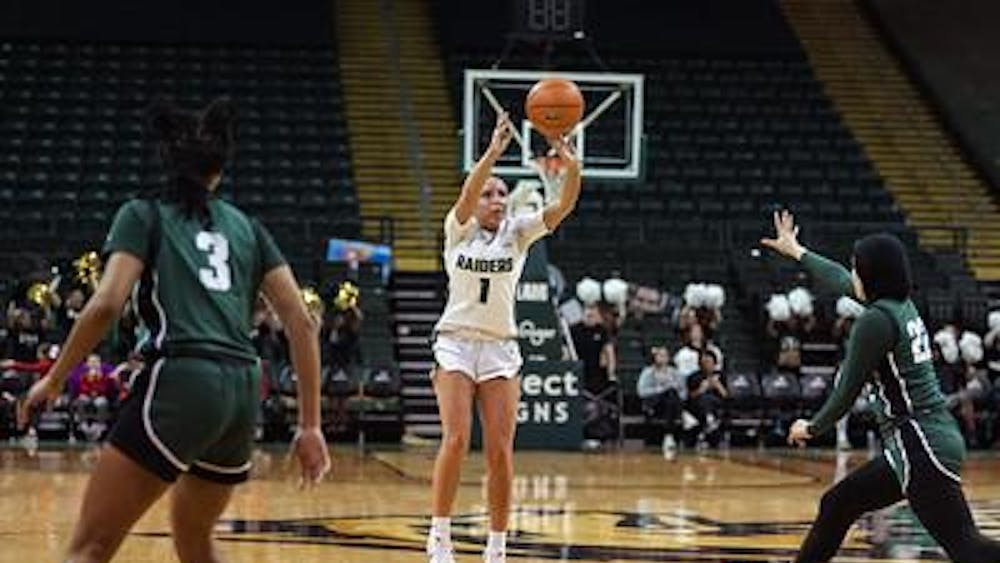A computer used by a Wright State student and Guardian employee to send anonymous emails to a WSU professor was removed from The Guardian’s newsroom on March 8 at about 11 a.m. by a member of CaTS.
The contents of the emails were not made public. In addition to the emails, an internet meme, using the professor’s face superimposed onto a picture of the Dos Equis World’s Most Interesting Man character was shared on March 4 from the student’s Facebook page.
The professor who was the subject of the emails and the meme did not respond to the Guardian’s request for comment.
After the computer was taken from The Guardian, Associate Director of Student Activities Debra Lamp said Assistant Vice President for Student Affairs and Director of Community Standards and Student Conduct Gary Dickstein “had shared information” with Lamp regarding the computer and the emails sent to the professor on March 11.
Paul Hernandez, director of CaTS, said that while this type of occurrence is not necessarily common, it has happened before.
“It happens from time to time, but I wouldn’t necessarily call it ‘common’,” Hernandez said. “It depends on what the needs are and what requests come in. There are a number of checks and balances in play and it does require some subpoena or legal action.”
“There was a professor that had a concern about anonymous emails being sent. He asked if the department (CaTS) could identify who was sending them,” Dickstein said. “If someone is using a university computer in an inappropriate way, it would be appropriate for CaTS to look into that.”
Lamp contacted the WSU Police Dept. to ask if the department should take possession of the computer. When asked by The Guardian about the police’s involvement with the computer, WSU Police Captain David Ratliff said an officer was “called to the scene” but that there was “no need for a report.”
The daily crime log showed no record of the computer being removed or returned by CaTS. Dickstein said because the incident was not a crime, “the amount of information that is kept by the police is very limited, if any at all.”
On March 13, Lamp said Dickstein approved the computer’s return to The Guardian. Lamp said she was then asked by Dickstein to meet with the student on March 14 “to let him know that he needed to step away from The Guardian.”
“[The student] was very big about it, very gentlemanly and completely understood,” Lamp said. “He gave no fight and is very remorseful.”
Lamp said the student was not suspended from WSU, and when asked if the student was still a part of the university in every other capacity, Lamp said, “absolutely.”
In email response, the student told The Guardian that “the emails were sent out of frustration over [the professor] failing to spend nearly any class time covering material relevant to the class.”
“While it was unprofessional to send anonymous emails, I feel that many students at Wright State can understand the frustration of teachers not teaching class material and then passing off what they were supposed to cover in class as homework.”
“I obviously should have handled my frustration in a more mature sense; however, I refuse to pay thousands of dollars a year to not be taught material that I’m going to be required to know in my career.”
The student said he and Lamp “have decided that a presentation for next year’s Guardian staff during orientation would be a probable solution to what happened.” The student said that the presentation needs Dickstein’s approval first.
“I plan on working for The Guardian this year and hope to return next year as well,” the student said. “I enjoy my work at The Guardian and take a lot of pride in it.”
According to unnamed school officials he spoke to, the student said “that there was no violation of Wright State’s Student Code of Conduct. Dickstein said there was nothing he was aware of that prohibits a student sending anonymous emails, but that there are policies and procedures of using university computers for unlawful activity.
The “Responsible Use of University Computing Resources” policy number 3002.2 states that “personal use of university computing resources is permitted when such use does not: result in personal commercial, financial, or other gain; consume a significant amount of computing resources; or interfere with the performance of the user’s job or other university responsibilities.”












